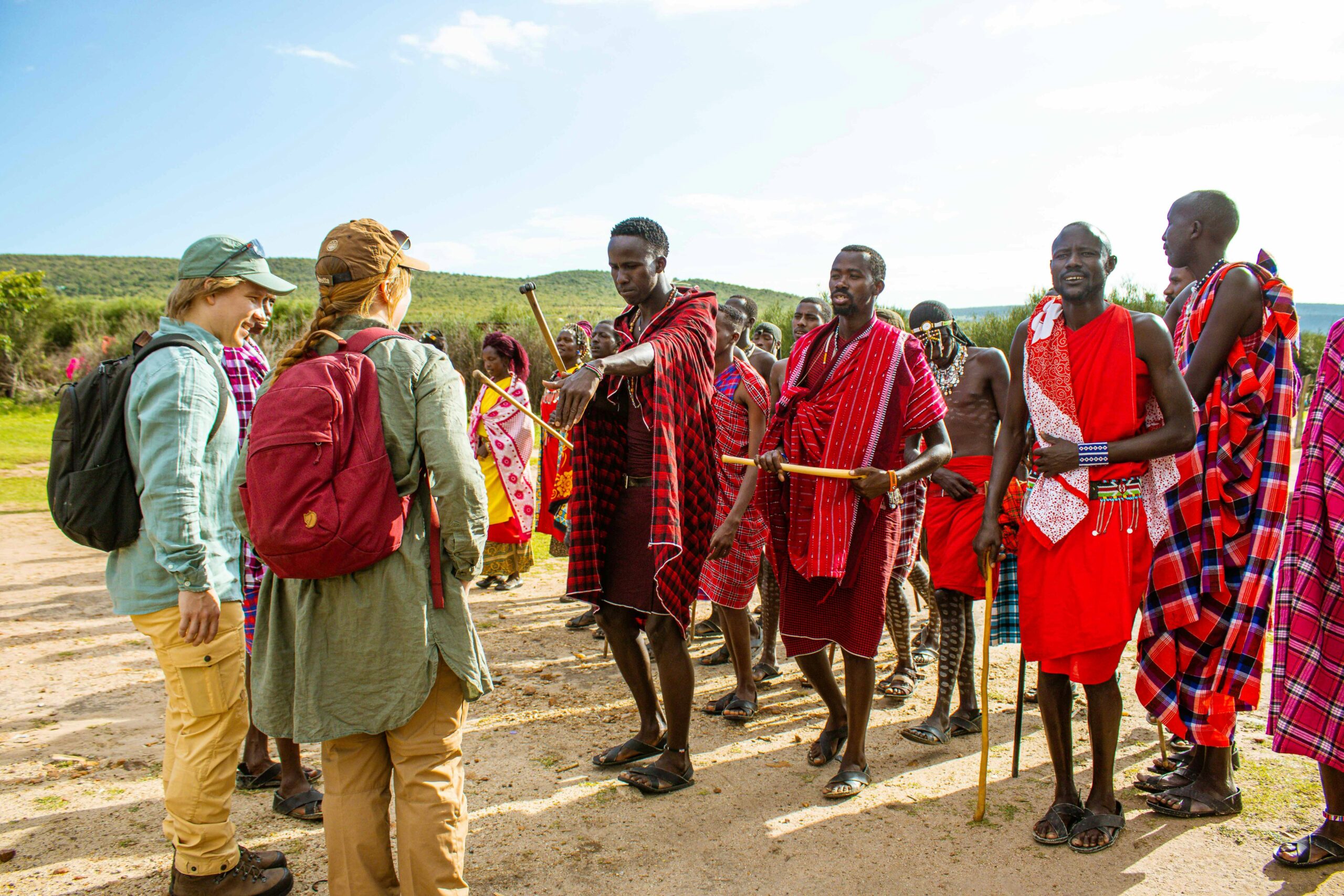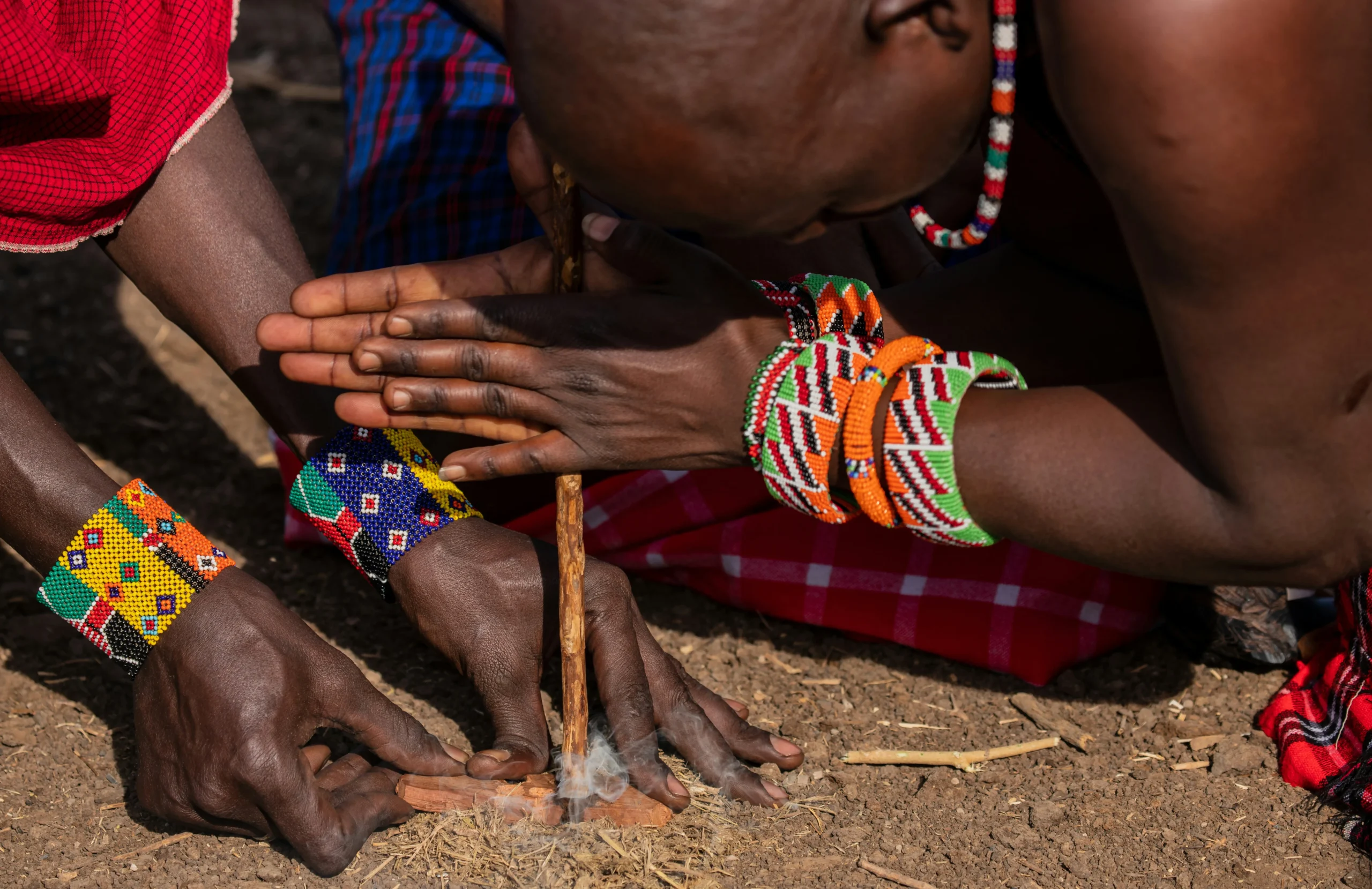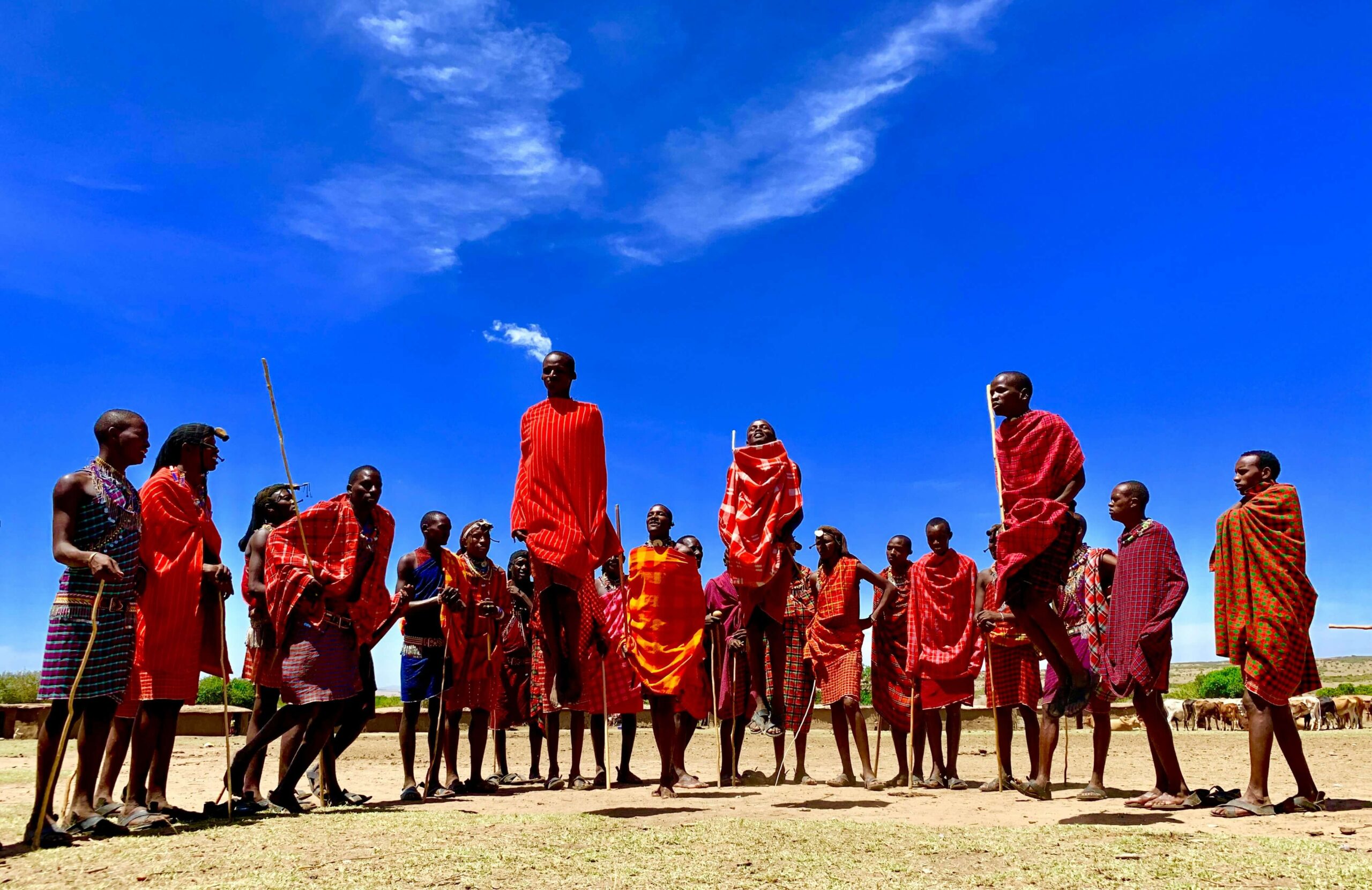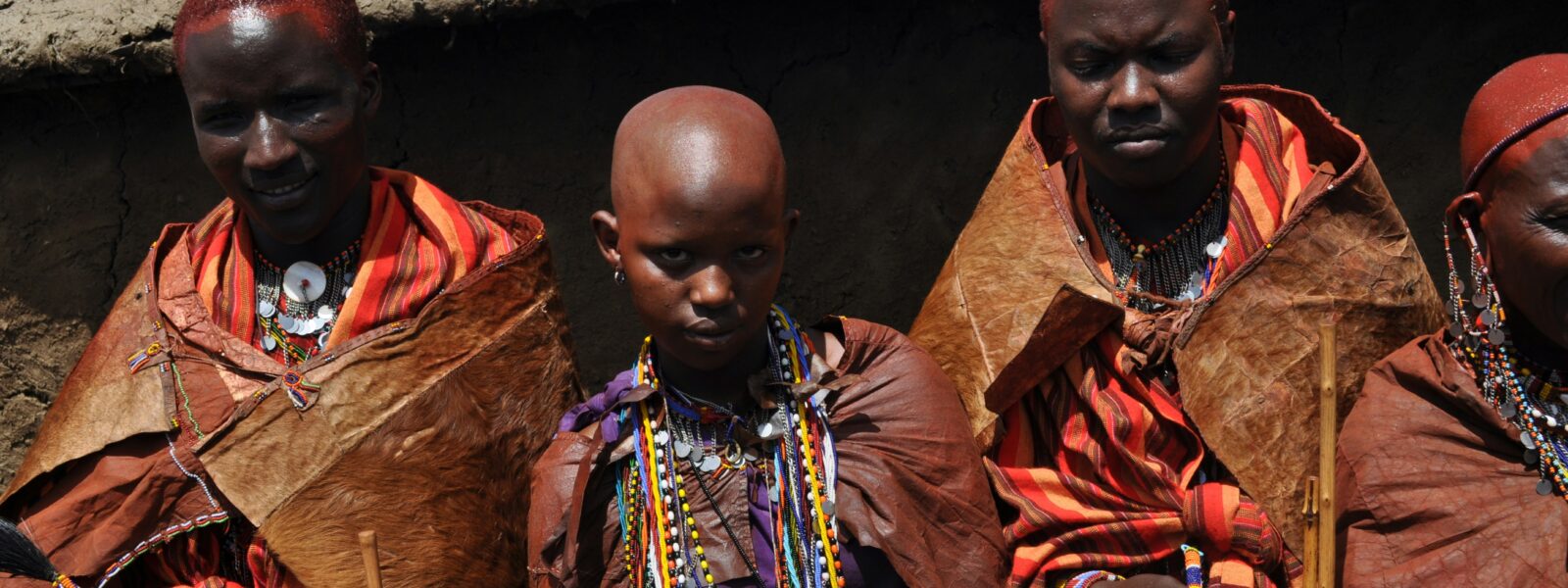A visit to a Maasai village is one of the most unforgettable experiences and highlights for many travelers to East Africa, particularly in Kenya and Tanzania. Maasai people, known for their vibrant red attire, beadwork and deep-rooted traditions, offer visitors a rare glimpse into Africa’s iconic cultures.
Visiting the Maa community requires respect, sensitivity and understanding of local customs. To ensure your visit is positive, enriching and respectful, below are guidelines for cultural etiquette and what to expect during your visit.
The Cultural etiquette

By asking for Permission before taking photos
By requesting permission before taking photos of people, homes or ceremonies. When permission is granted, take a photo with gratitude to show respect and appreciation.
Be a respectful guest
By greeting people politely, listening and asking questions to show real interest in their culture and daily life.
Support ethically
When buying souvenirs such as handcrafted beadwork and art are Maa people’s sources of income, paying a fair price helps support the community.
Follow your guide
The guide understands local customs and traditions, listening carefully to their advice, ensuring your visit is both respectful and safe.
By dressing modestly
Wearing modest and comfortable clothing with neutral or earthy colors to blend naturally with the surroundings.
Avoid giving random gifts
Instead of handing out sweets or small items, buying local crafts or making a donation helps promote long-term sustainability and respect.
Respect traditions and beliefs
The Maasai have strong customs and rituals that are deeply meaningful. Avoid interrupting ceremonies, touching sacred objects or entering restricted areas unless invited.
By respecting elders
The elders hold a special place in Masai culture. By greeting them first and shaking hands with your right hand to show respect.
What to expect during your visit to the Maasai community?
 A warm welcome
A warm welcome
The Masai people give a warm welcome with smiles, songs and traditional dances. The famous Maasai jumping dance is the highlight and visitors are invited to join in
A tour of the village
The guide may show you around the community, where to see a traditional manyatta and how the Maasai live.
A look at daily life
You learn about their daily life, such as lighting fire, how food is prepared and learning about the Maasai’s deep connection to their cattle and the land.
Visiting the marketplaces
Maasai villages have a small market area where to buy handmade crafts like colorful beadwork, jewelry and carvings.
A cultural exchange
The most meaningful moments come from talking and listening. Masai enjoy sharing their customs, beliefs and oral traditions. You hear stories passed down through generations about bravery, hunting or community values, which create real connections and understanding.
Learning about crafts and skills
Some visits include demonstrations of bead-making or spear-throwing, showing Masai creativity and survival skills.
Learning about the Masai way of life
You gain insight into how the Maasai balance their traditions with modern challenges such as education, tourism and changing weather patterns.
Watching Maasai cultural performances and ceremonies

During your visit, you may see traditional ceremonies or celebrations such as songs, blessings or dances performed by warriors and women. Each dance celebrates bravery or life events and watching or taking part respectfully offers a rare glimpse into Maasai culture and traditions.
Varied authenticity
Some Maasai demonstrations or activities might feel slightly staged or organized, but the chance to meet Maasai, learn about their traditions and experience their hospitality makes the visit truly worthwhile.
Community contributions
Maa community charges a small entrance fee or donation to support local projects such as schools, water access or healthcare.
Visiting the Maasai village is a rare opportunity to connect with East Africa’s most remarkable cultures. Approaching experiences with respect, curiosity and an open mind, you gain a deeper understanding of the Maa community that continues to honor its traditions while adapting to a changing world. Whether joining in their songs or learning about customs, your visit becomes a meaningful exchange built on respect and appreciation.

